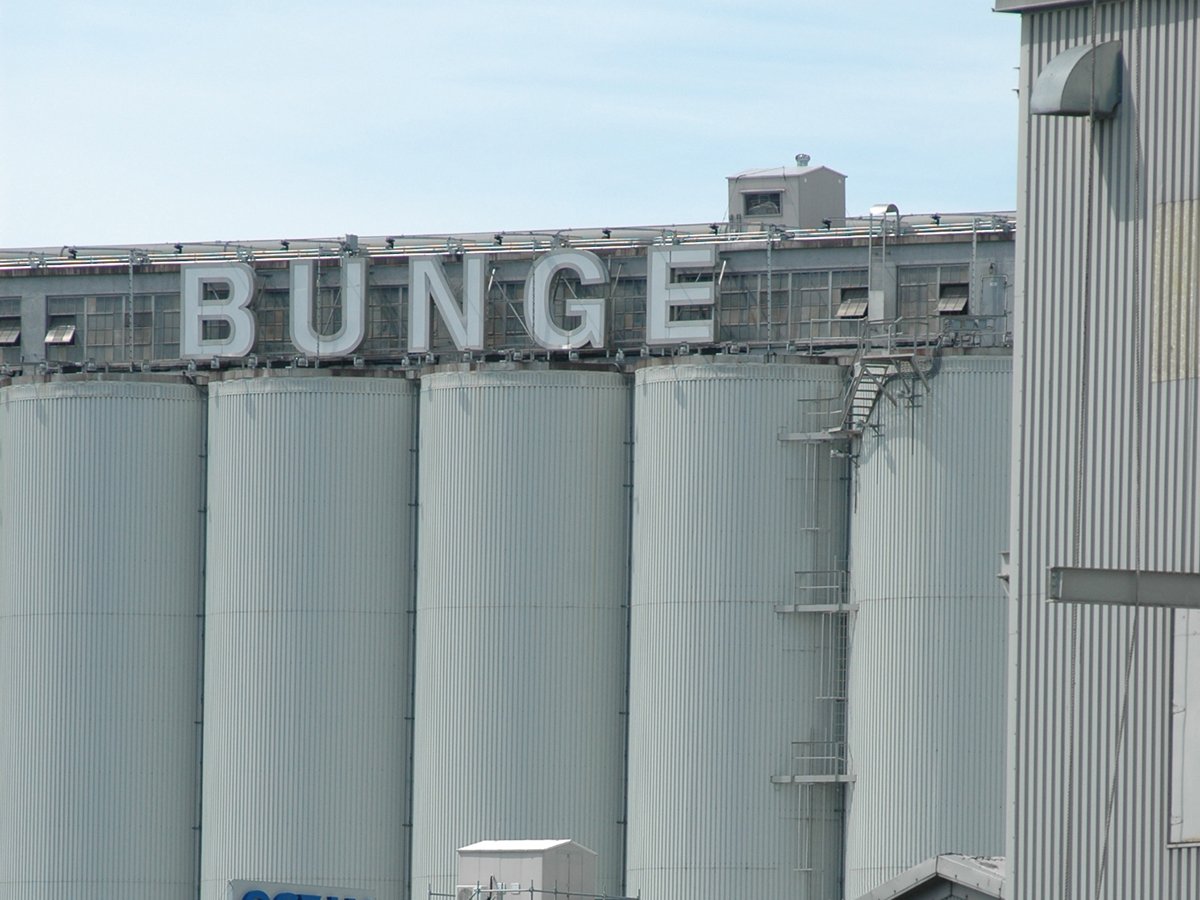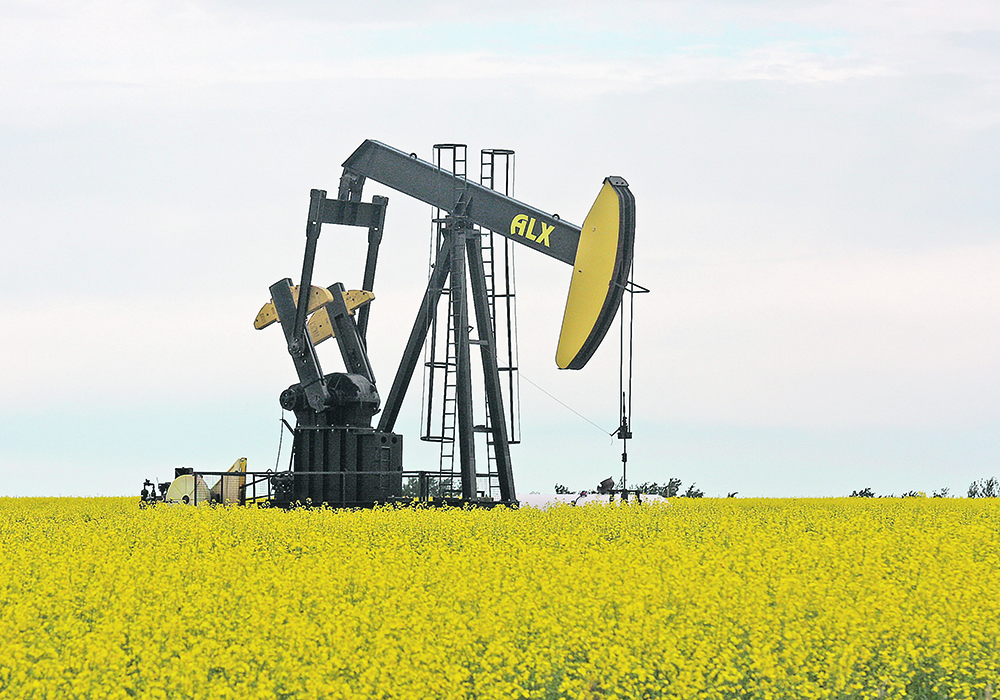Alberta Liabilities Disclosure Project says reclaiming abandoned wells could create 10,000 jobs a year for 25 years
The only solution for rural Albertans facing tough economic times is to clean up more than 300,000 unreclaimed oil and gas wells in the province, says a researcher.
More than 10,000 full-time energy sector jobs per year could be created for 25 years through proposed measures that include launching a reclamation trust to help clean up such wells, said Regan Boychuk of the Alberta Liabilities Disclosure Project (ALDP).
“There’s decades of work in every corner of the province involving all of the same people that are unemployed today, all the same companies and equipment that are sitting idle and on sale.”
Read Also

Bunge’s crop mix is changing
Bunge has predominantly been a soybean processing firm, but that’s about to change after the merger with Viterra with softseed processing and grain merchandising gaining ground.
The trust is among 13 recommendations that were outlined in a recent ALDP report co-written by Boychuk. It describes the trust as an independent, non-profit organization that would take over and wind down oil and gas companies that are at the end of their lives, with their remaining revenue helping fund the cleanup of their wells.
The ALDP is a non-partisan coalition of former regulators, landowners and researchers that was created in 2019 to seek solutions about what it calls Alberta’s growing crisis over oil and gas liabilities. It estimates the cost of cleaning up unreclaimed wells will be $40 billion to $70 billion, with full reclamation involving turning such wells back into the functional equivalent of their pre-drilling state.
“The oil and gas industry has dined on profits from Alberta’s oil and gas wells for years and are now dashing out the door as the cleanup bill comes due — leaving the public with the tab,” said the report. “This must stop: polluting companies must fund the cleanup of their infrastructure in full. It’s the law.”
The report pointed to companies such as Trident Exploration Corp. as an example of flaws in the current system. After it went bankrupt in 2019, the firm still had wells that were producing as much as $100,000 per day.
“The truth is, many failing companies are like Trident: insolvent on paper, but still pumping thousands of barrels of revenue every day.”
Boychuk admitted during a recent news conference the public takeover of such companies through a reclamation trust is a radical idea that is “something akin to nationalization.” However, it’s one of the “few rational ways we can still manage to pay for this cleanup… rather than sitting there watching them drain what’s left for shareholders and lenders.”
Solving the problem isn’t something that can be indefinitely postponed, he said.
“There’s 300,000 wells in Alberta — every single one of them is going to leak eventually, it’s concrete and steel, and so it’s an enormous responsibility managing and maintaining and keeping 300,000 of these sites safe, and rural Albertans are the ones that live with this on a daily basis.”
The report said public data from the Alberta Energy Regulator (AER) shows 49 percent of oil and gas producers are classified as insolvent, with four out of five wells past the point where their revenue could be used to fund their cleanup.
As a result, other recommendations include introducing an industry-wide levy to recoup public investments in well cleanup, and requiring the Orphan Well Association to collect the full industry levy for wells that have no company that can be held liable for cleanup costs.
The report said revenue through the reclamation trust could also go toward paying royalties, taxes and surface compensation to landowners. Thousands of Alberta farmers are not being paid money they are owed by oil and gas companies for the disruption to their land caused by wells.
“In the shorter term, the oil and gas industry’s insolvency, its failure to pay taxes, its failure to pay landowners is an additional burden on top of everything else that rural Alberta is facing, and there’s no prospects to change that,” said Boychuk.
Alberta’s rural municipalities said in February they are owed $245 million in total unpaid property taxes by oil and gas companies.
“We are seeing 57 percent of those non-paying companies are still operating, making no gestures to enter into payment plans or any other mechanisms that can be used to pay those taxes,” Paul McLauchlin of the Rural Municipalities of Alberta said in an earlier interview.
The report said some rural municipalities could enjoy hundreds of millions if not billions of dollars in potential reclamation spending. It said Cypress County in southeastern Alberta would see an average total spending of $4.83 billion, with estimated wages paid of $1.6 billion.
It also said cleaning up the wells will free more than one million acres of land for everything from farming and hunting to recreation and redevelopment. Such advantages make “you start to sense the scale of the benefits awaiting an Alberta that can muster the political courage to enforce the law and make the polluter pay.”
However, the report not only falls short on several points, it also “completely fails to reflect the significant progress made by Alberta’s government on addressing a number of issues it identifies,” Energy Minister Sonya Savage said in an email.
She pointed to a new provincial framework she said will replace the AER’s current Licensee Liability Rating program with the Licensee Capability Assessment. Such changes will provide “an improved method of assessing the capabilities of oil and gas operators to meet their regulatory obligations at each stage of the development lifecycle.”
















